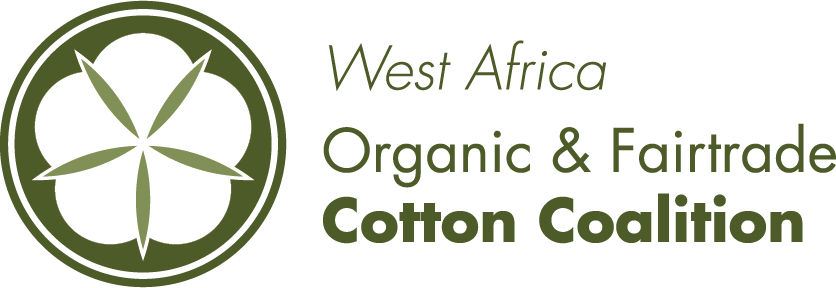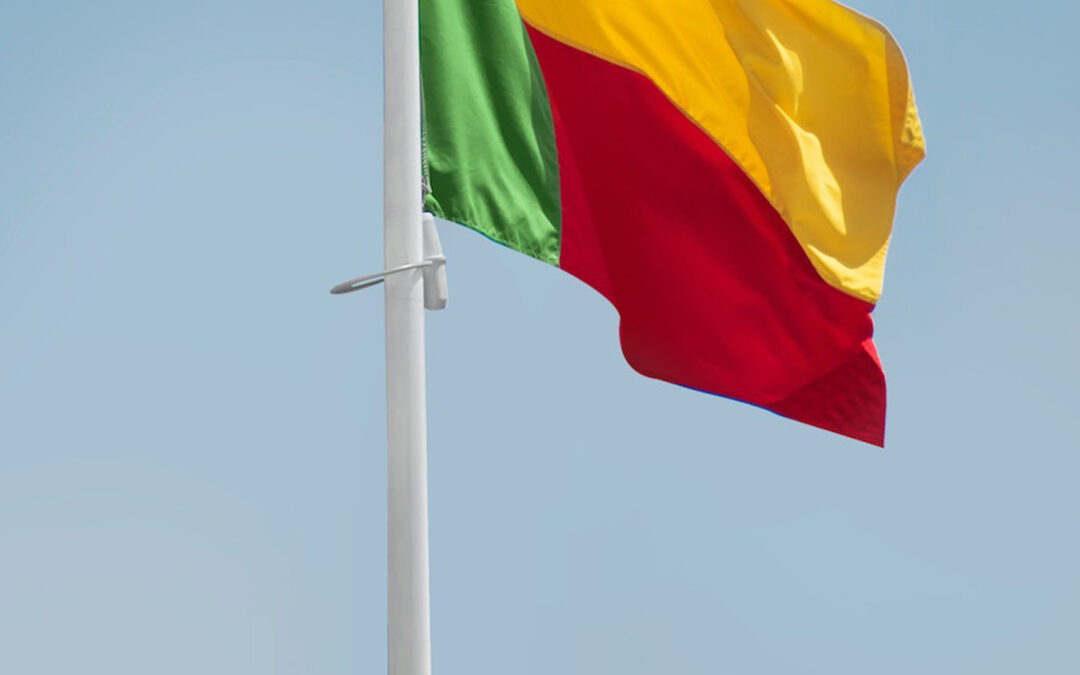With the aim of improving the income and living conditions of African cotton producers in general and organic cotton producers in particular, the GIZ (Deutsche Gesellschaft für Internationale Zusammenarbeit) is currently funding the CCBE through a project to support the organic cotton sector in Burkina Faso. An objective of this project is that “the institutional and technical set-up for increased production of organic cotton and the sustainability of the sector in Burkina Faso and the sub-region are strengthened”.
In order to learn from Benin’s expertise and experience in organic cotton production with average yields above 600 kg/ha, a study tour to Benin for the other 3 countries of the CCBE (Burkina Faso, Mali, Senegal) was included in the project activities. Cameroon and Togo were added to the study group as well.
Beyond the factors supporting the achievement of such high yields, the successful experience of Benin in terms of the organization of the sector and the valorisation of rotation products such as soya was a major focus of this study tour. Thus, the findings from the field during the trip should help to strengthen the capacity of producers in other countries in their production and value chain development process for organic cotton.
The overall objective of the study tour was to enable participants (delegates from CCBE member countries) to learn from the strategies put in place by OBEPAB to achieve this level of organic cotton production.
Main take-aways from the trip
The study tour to Benin consolidated the other actions of the ProBio_GIZ_CCBE Project for the Promotion of Organic Cotton. It allowed to develop and strengthen the link between the different countries of the CCBE, to exchange on their practices, to share their working tools and to discover the initiatives developed to face their collective and specific concerns.
The field visits enabled participants to discover enriching experiences in terms of crop rotation on plots (cotton, soya, cashew nuts, goussi, etc.), valorisation of local resources, particularly in terms of soil fertilization and pest control (use of ash, palm oil cake, etc.) and their potential effect on yields. In addition, several participants recognised during the plot visits and exchanges with the actors, the effectiveness of the coaching of cooperatives in Benin by OBEPAB, and the willingness to take advantage of it in their respective systems.
The exchange workshop at the end of the mission presented the successes and challenges of each country. Through presentations, the countries shared their experiences, their approaches to solving the difficulties they face, their working tools (GSP, SMC, KoboCollect, etc.), allowing each to discover the practices of the others. Participants also had the opportunity to exchange with each other, in an informal context, developing possibilities for synergies and replication of practices (working sessions between some participants on their tools).
The lessons learned from the study tour will enable participants to share them within their organizations and strengthen their actions with a view to significantly increasing yields. In particular, participants indicated that they wanted to integrate the knowledge gained into their production systems.
Contact us if you wish to receive the detailed report.


Recent Comments